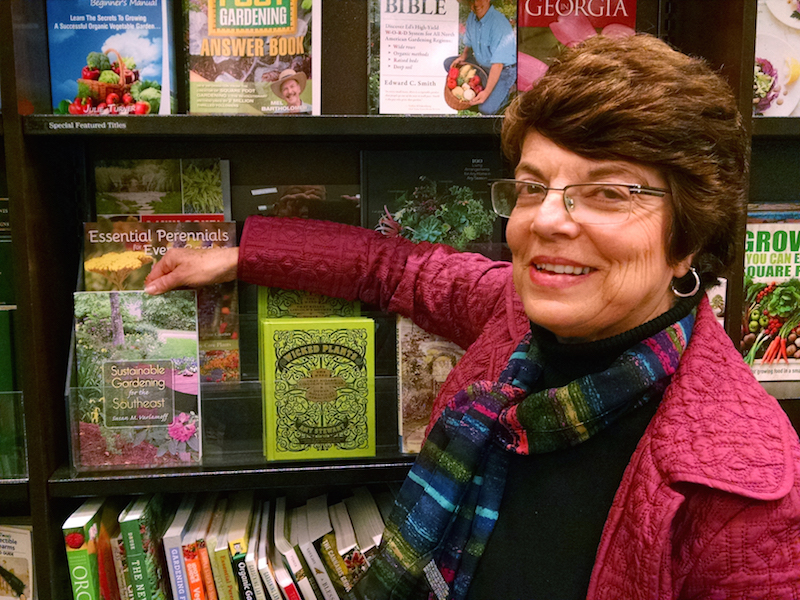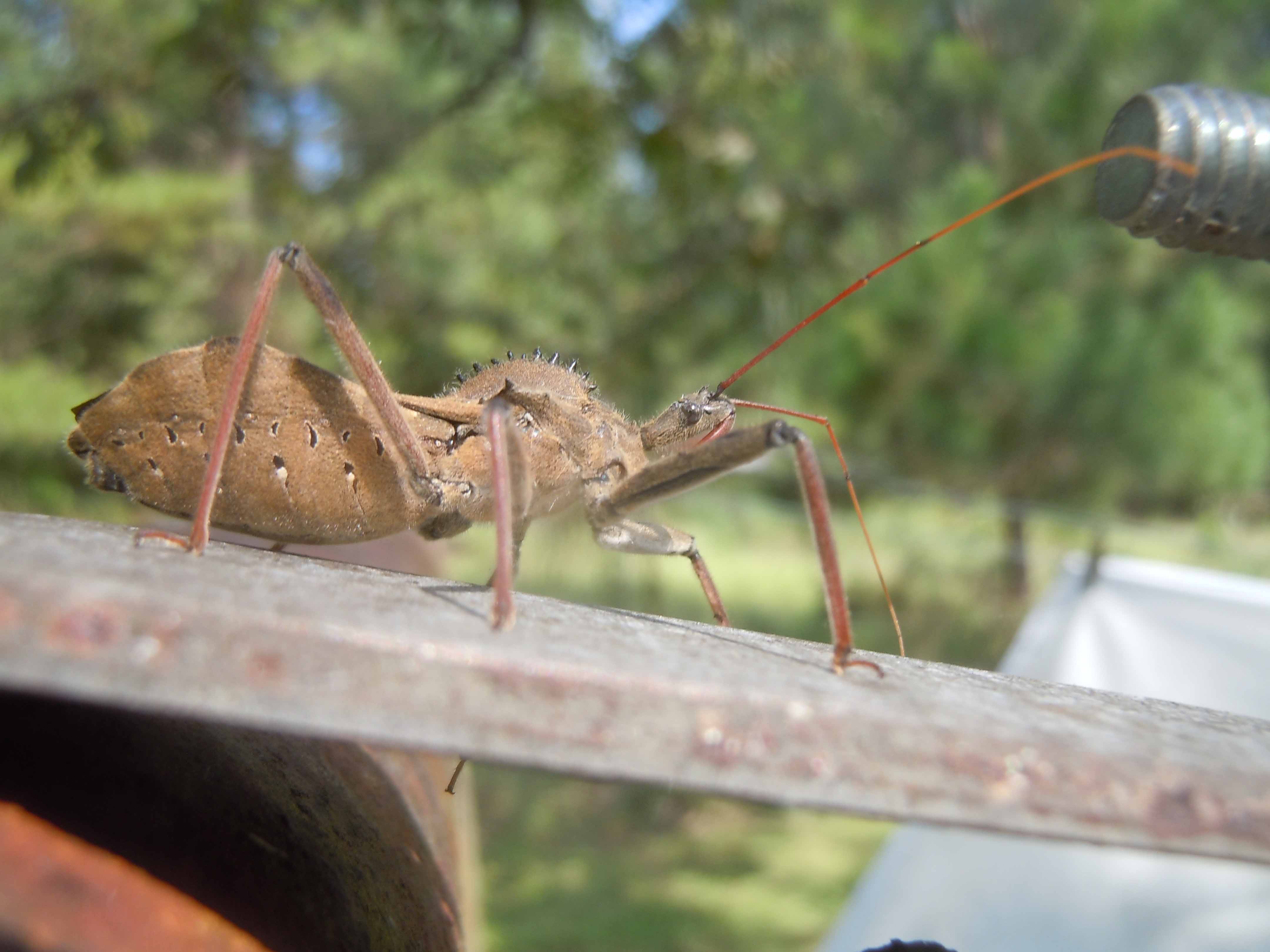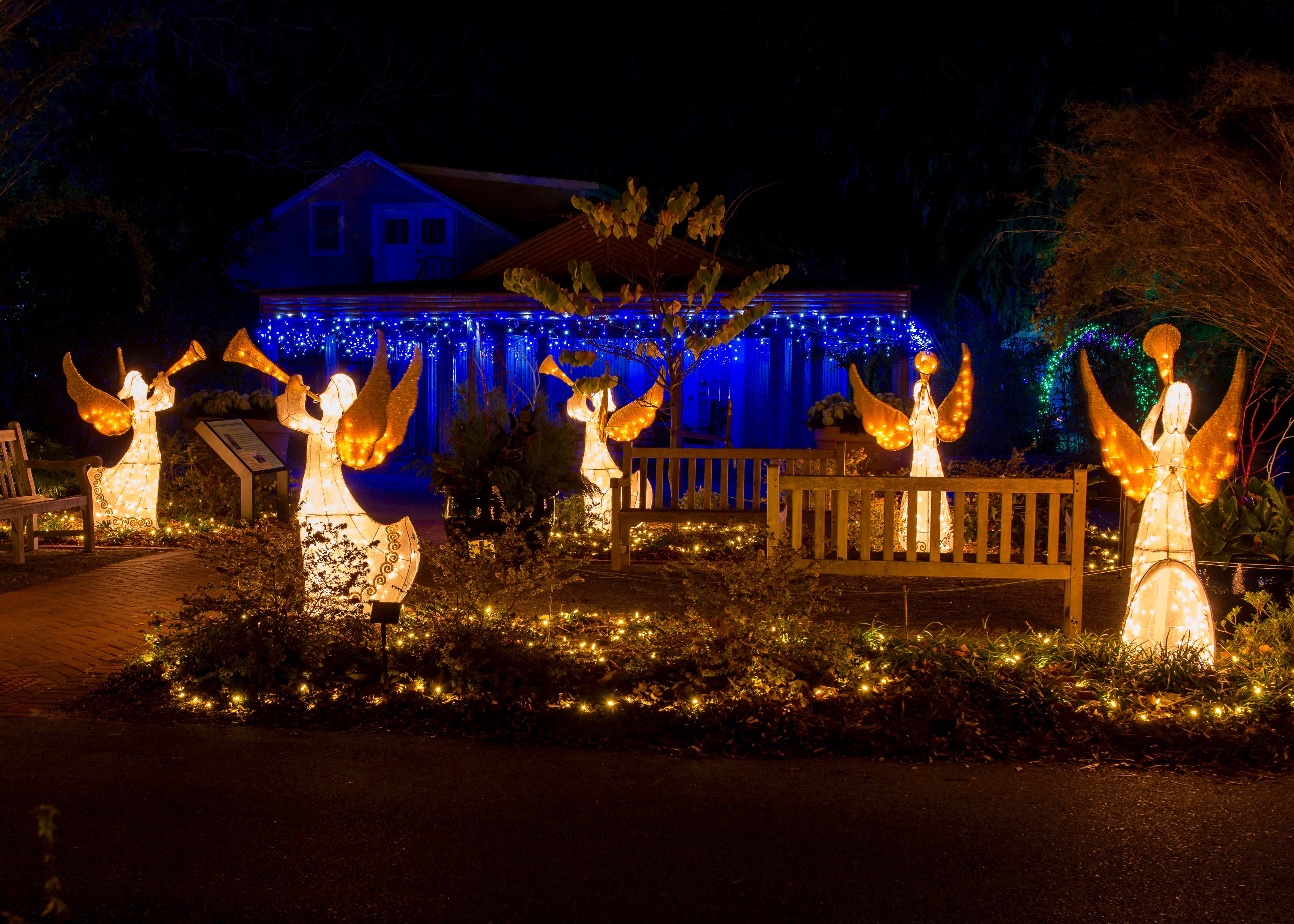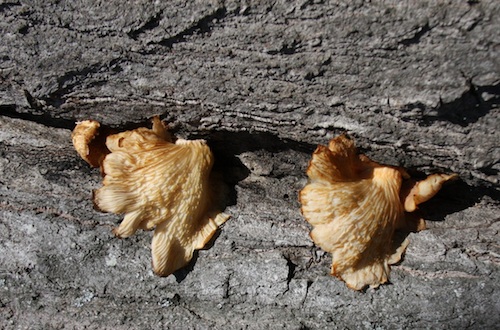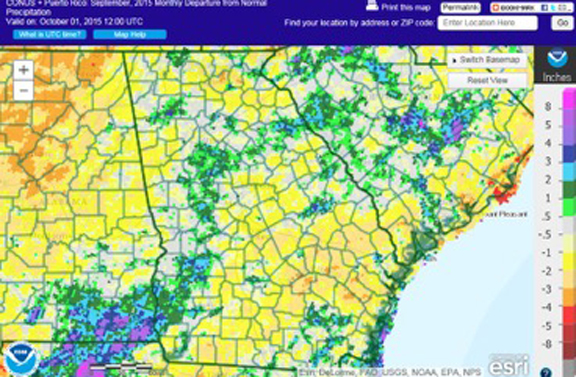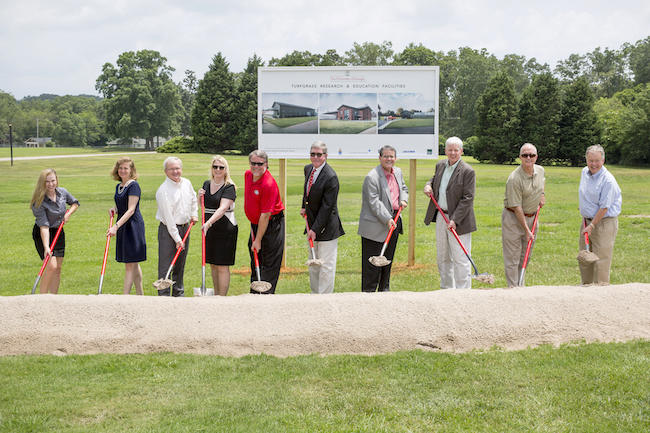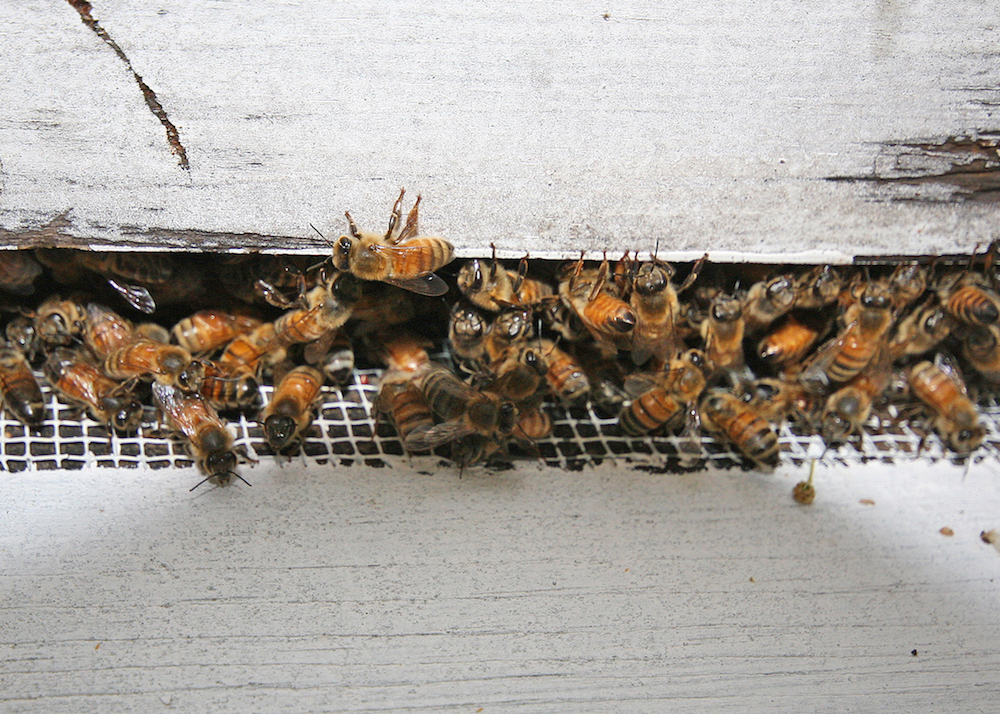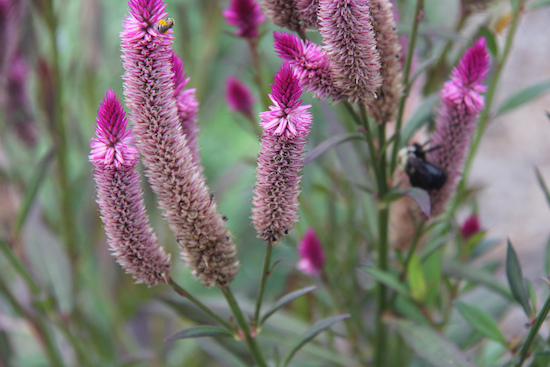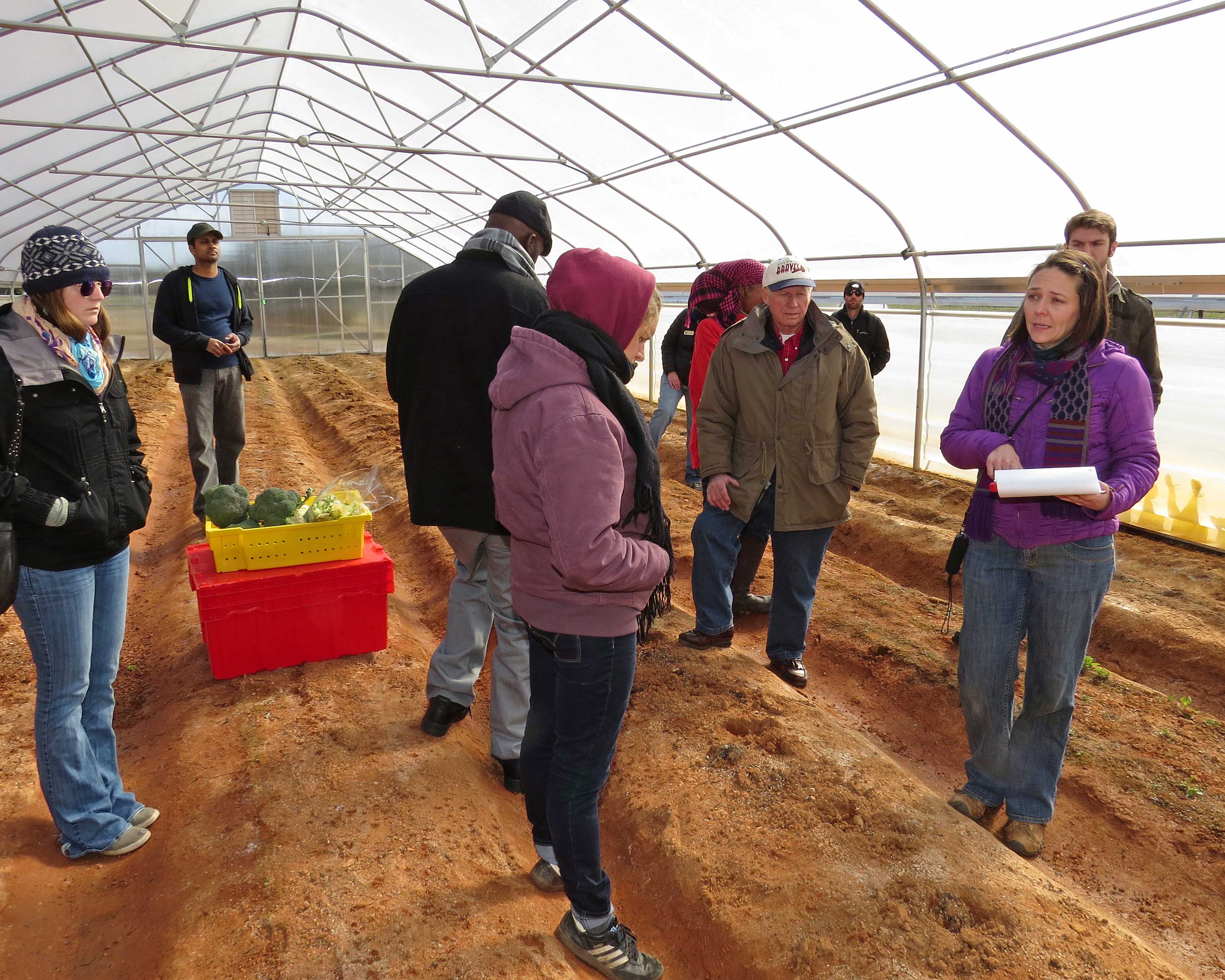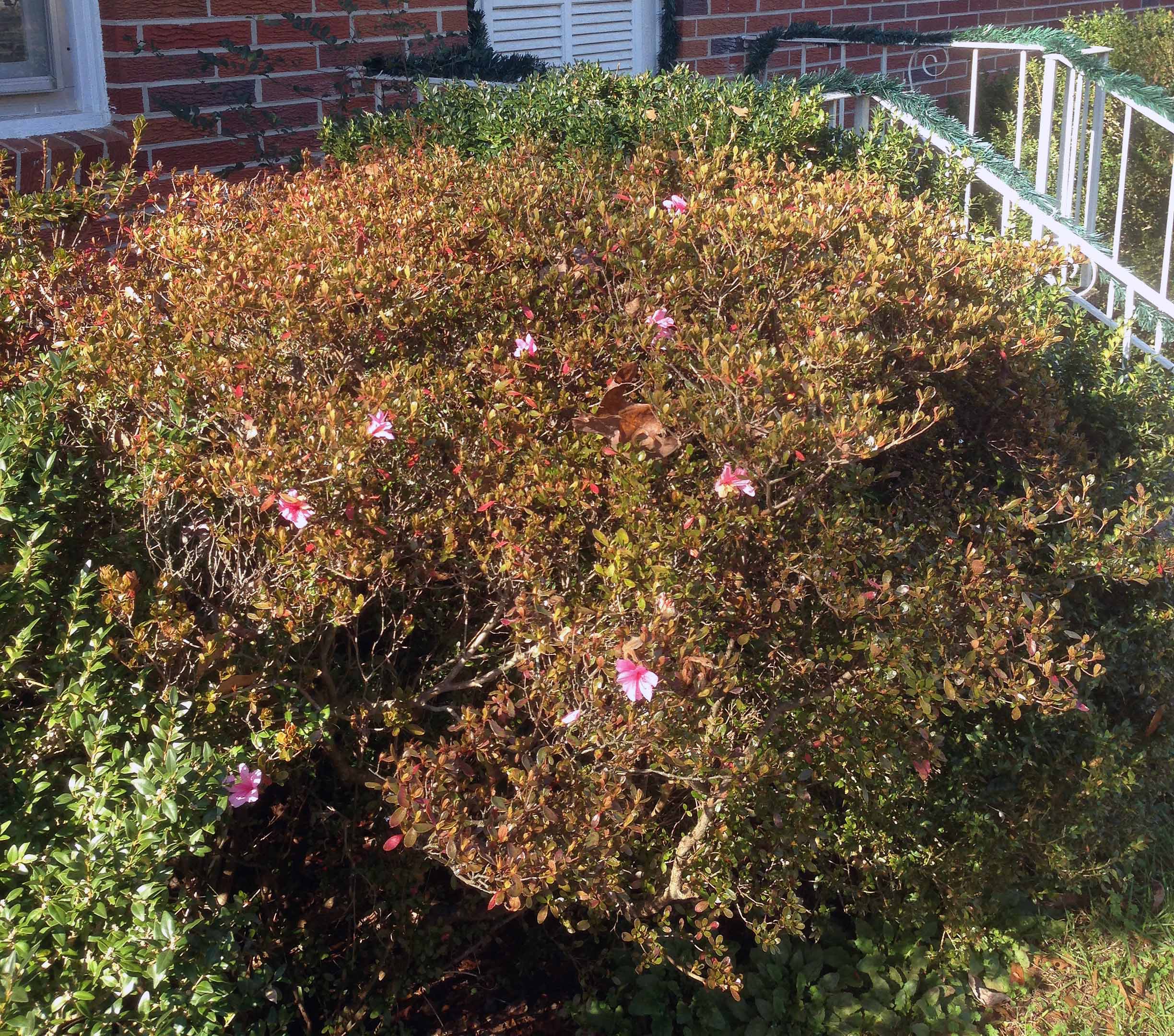 CAES News
CAES News
Pruning Patience
With December’s temperatures mimicking spring in most parts of Georgia, it’s no wonder that so many landscape plants are confused. Last month, gardeners in all corners of the state saw their azaleas blooming and their spring flowering trees forming buds. Since then, winter weather has returned and damaged some of these early signs of life. But there’s still hope for those way-too-early bloomers. The key is to be patient and wait to see what happens.

